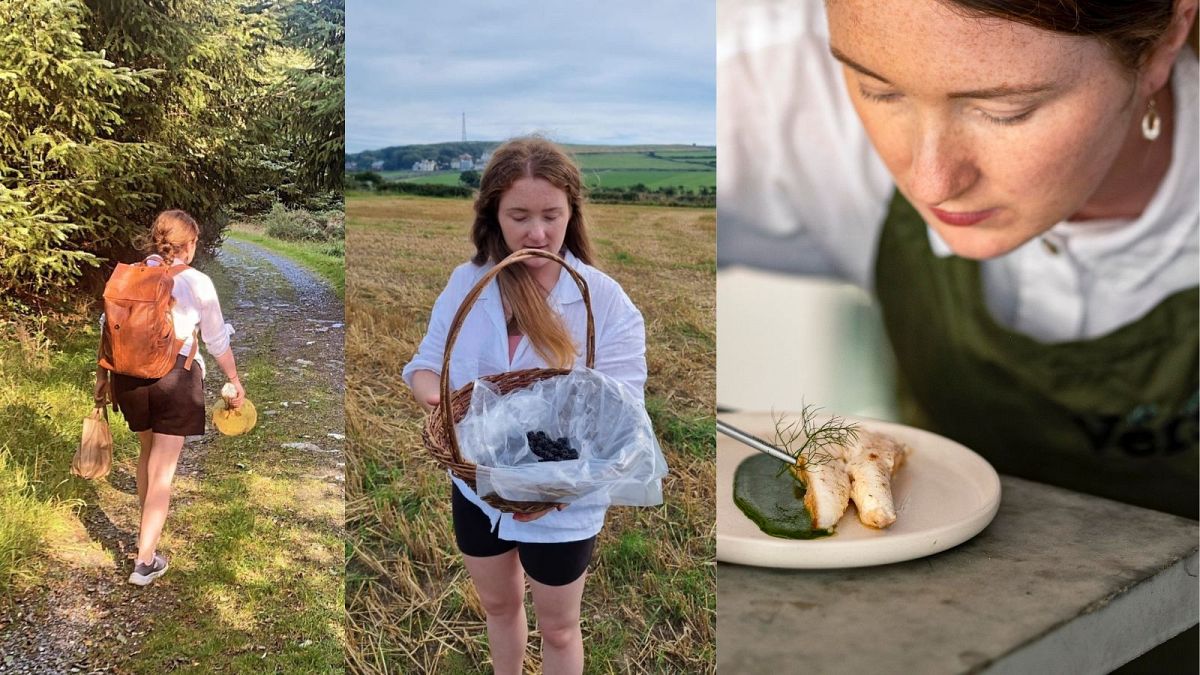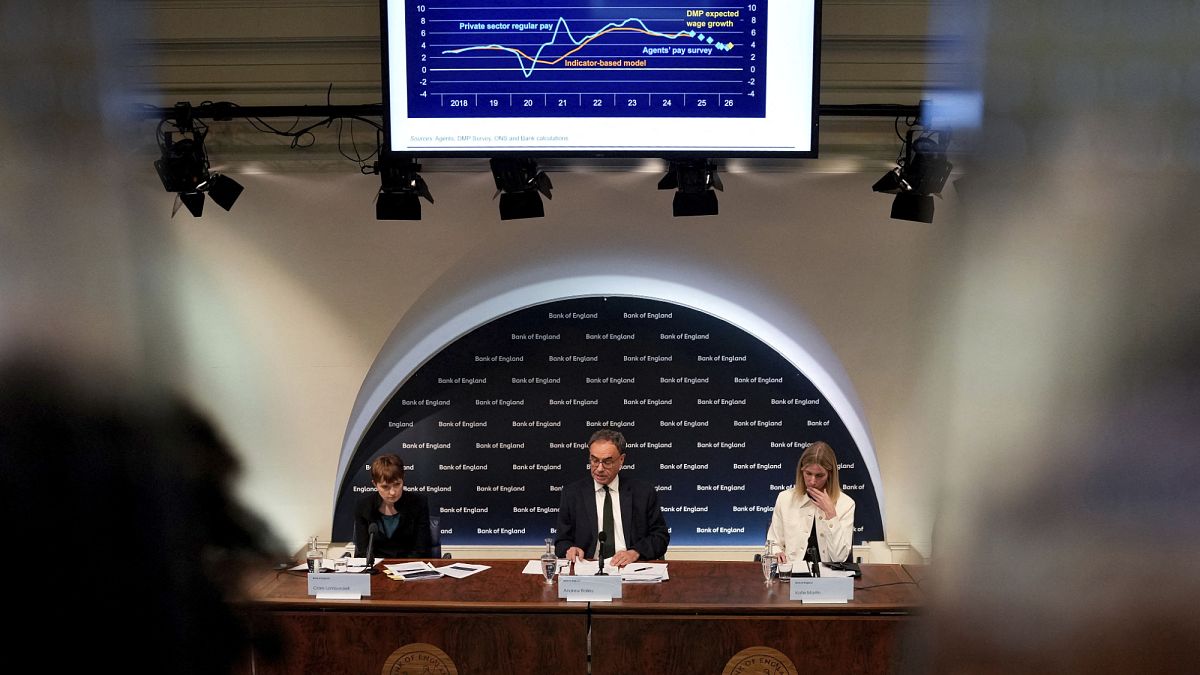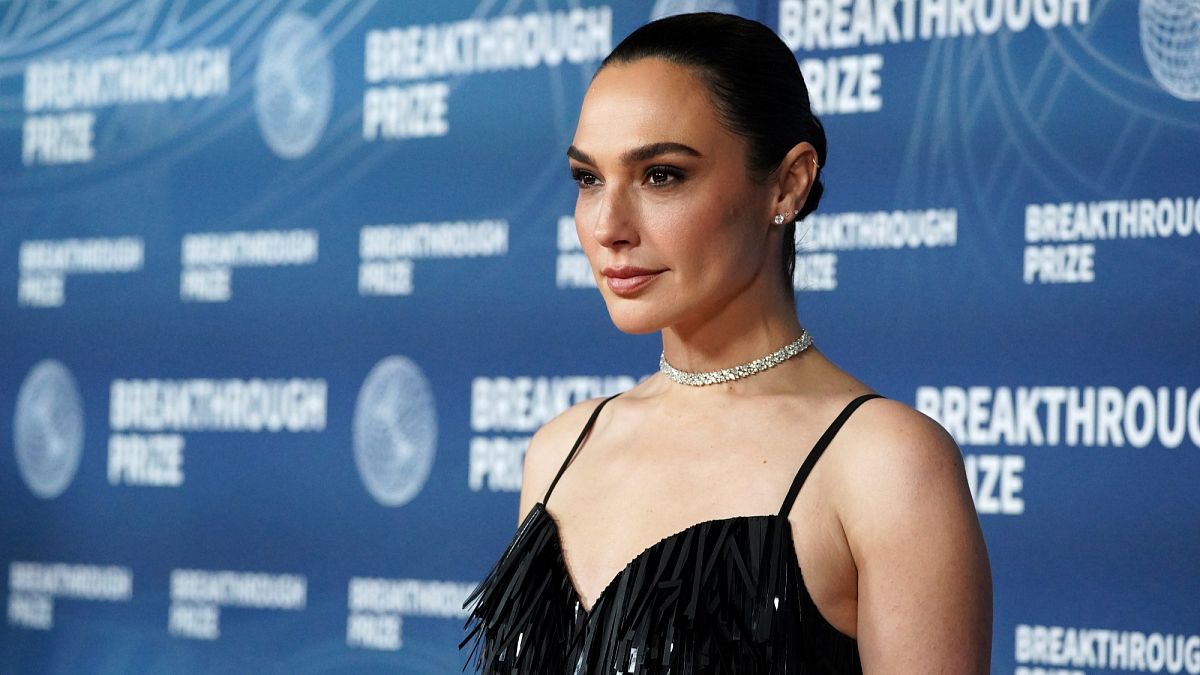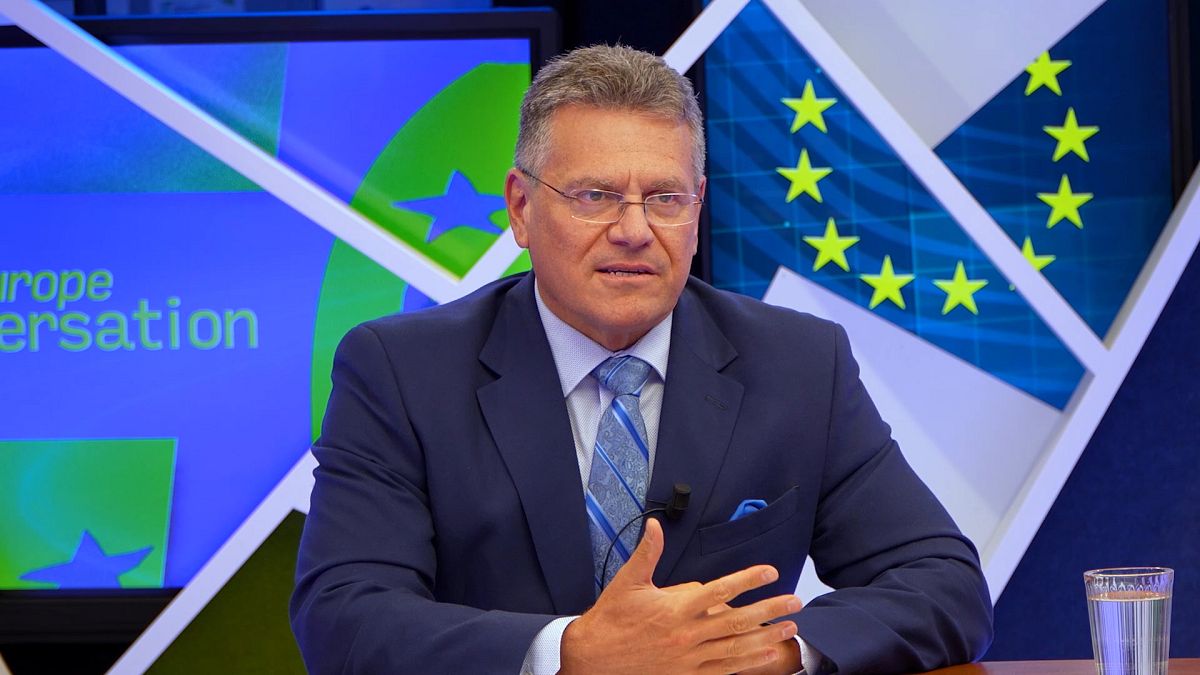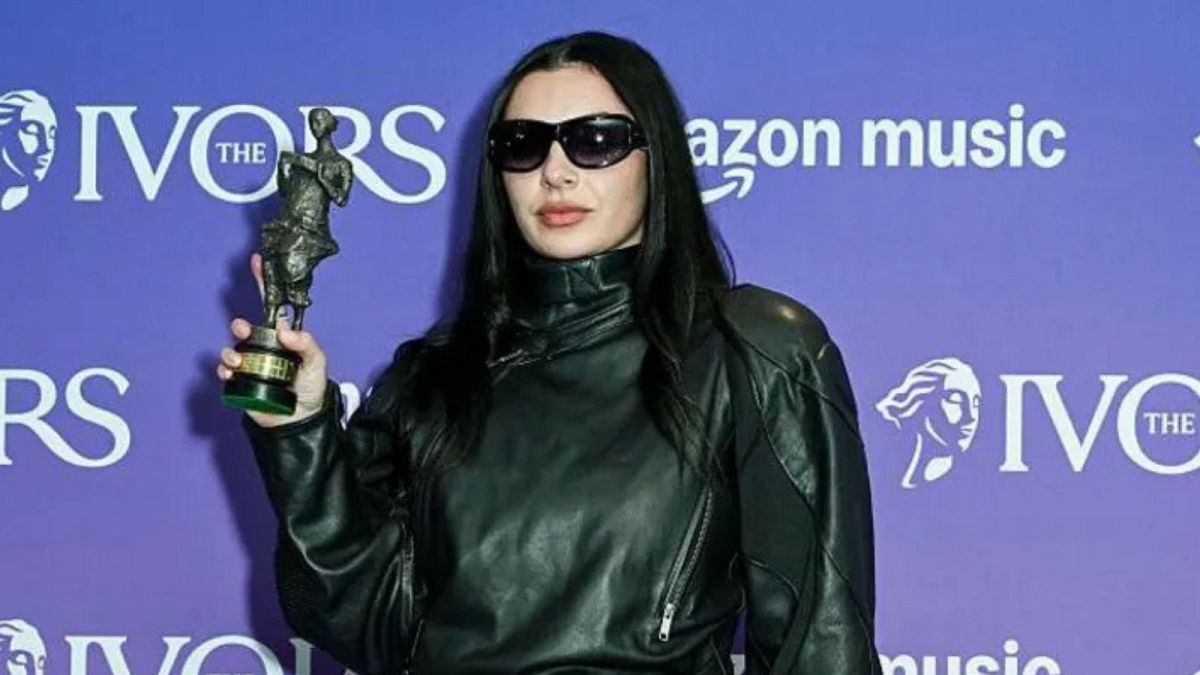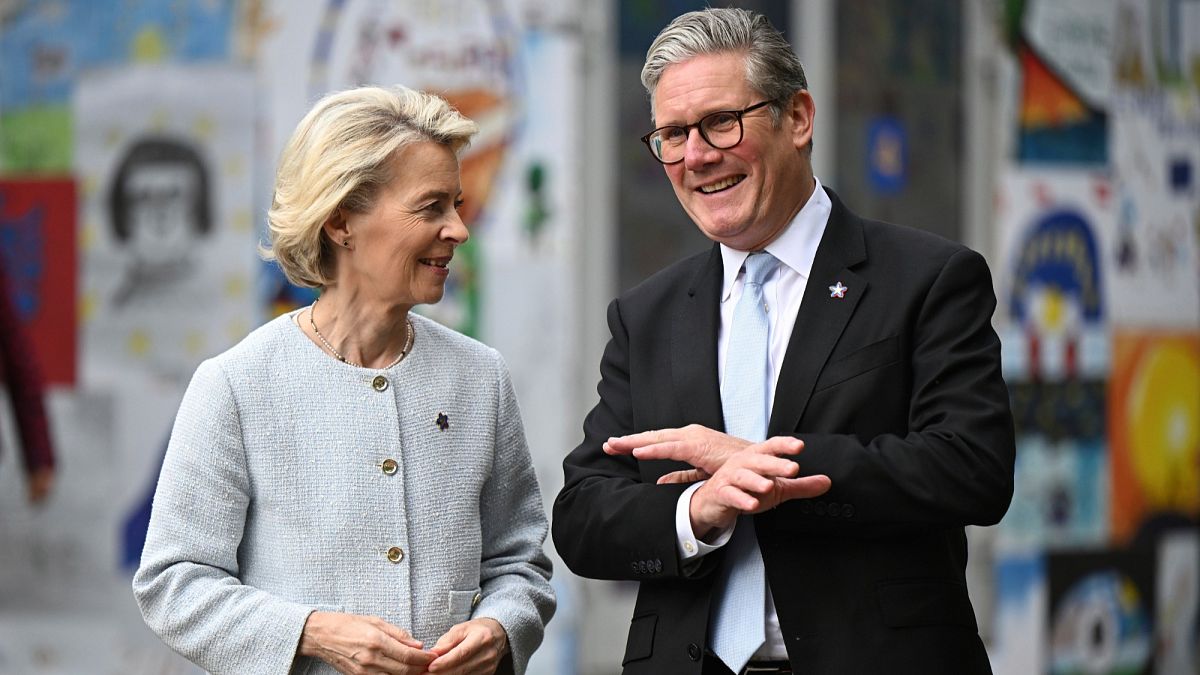How TikTok became an essential platform for musicians
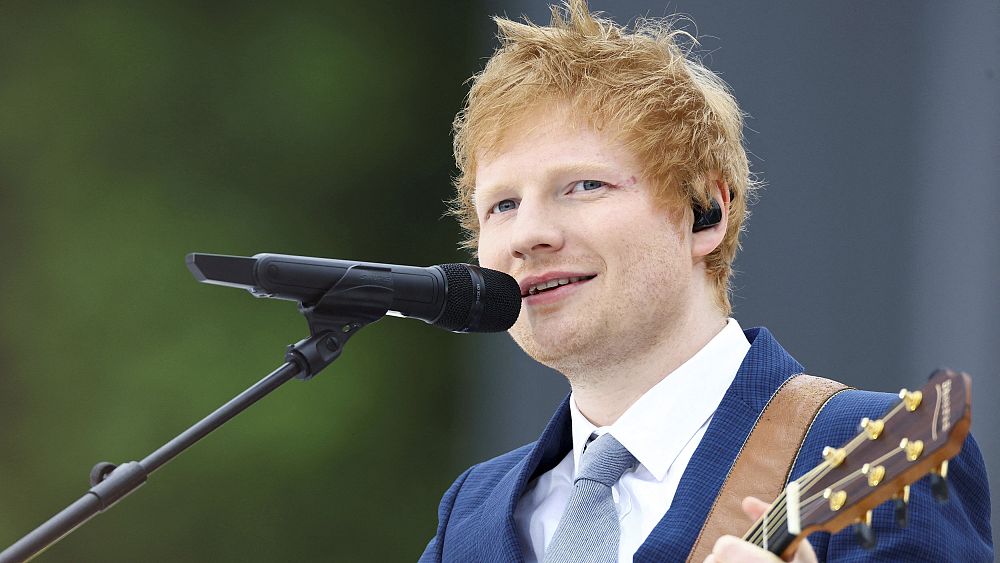
TikTok has had a lot of negative press in recent weeks. The Chinese company ByteDance, which owns the video-sharing platform, has been under increased scrutiny from regulators over the safety of its users’ data, which could potentially be utilised by China.
Despite this, TikTok’s popularity – much of which is driven by the different sounds people use on their videos – has made it an essential part of today’s musical landscape, acting as a launchpad for many of today’s most popular artists.
What is TikTok and why is it facing so much scrutiny?
TikTok was first launched in China in 2016, and other markets in 2017. The app has seen a meteoric rise in popularity since, gaining 100 million users within a year and becoming the fastest growing social media platform ever.
In 2021, it surpassed one billion global users, and still continues to grow.
But the platform’s links to China have left lawmakers in the West increasingly concerned about potential privacy and security breaches. This has led to multiple governments and organisations banning the app’s use in the past few months. In Europe specifically, these include the European Commission, UK government, multiple individual governments within the EU, and news organisations like the BBC, which have all banned the use of TikTok on work devices.
Last month, further attention was brought to the app following a US Congressional Hearing during which TikTok CEO Shou Zi Chew was grilled over data security and harmful content.
“Let me state this unequivocally: ByteDance is not an agent of China or any other country,” Chew stated during proceedings.
And it doesn’t stop there for the video-sharing app. TikTok was also fined £12.7 million (€14.5 million) by the UK’s data watchdog for alleged breaches of the country’s data law, specifically their handling of children’s data.
With all these heavy allegations hanging over the platform – and further bans potentially on the cards – it’s easy to wonder if TikTok’s days are numbered. However, the platform has also become an increasingly crucial element to the way culture is disseminated in the 21st century.
How TikTok is reshaping the music industry
Earlier this year, Next reported on the increased use of TikTok by Gen Z as their primary news source, outstripping Google as a search engine of choice.
It’s also become integral as a tool for musical discovery, with the platform introducing a new generation to iconic 80s artists like Kate Bush and Metallica through re-sharing popular clips from the last season of Netflix’s show ‘Stranger Things’.
In 2022, 10 of the 12 number ones on the UK Official Singles Chart had a viral moment, and 13 out of the 14 Billboard Hot 100 number ones were driven by significant viral trends on TikTok, according to a company spokesperson.
Artists are now utilising the platform in real time to grow their fanbases and launch new music. Ed Sheeran’s latest song ‘Eyes Closed’ is one such example, having been released exclusively to his TikTok audience first and – predictably – going straight to the top of the UK charts.
The idea is to allow the TikTok community to take the song and use it as the background music for new video creations – the main means through which the platform has grown artists.
“The response from the community was incredible, with Ed raising the bar creatively in how artists can connect with fans in a meaningful way. The single reaching #1 single on the UK Official Charts in its first week is a testament to that and it’s a privilege to be part of Ed’s journey as he shares this deeply personal song with the world,” Lucy Benbow, Label Partnerships Manager at TikTok tells Euronews Culture.
“On TikTok, artists can engage directly with fans, share behind-the-scenes insight into their lives, duet with creators, preview and tease new music. This engagement is mirrored by fans who celebrate these sounds by using them in their video creations, spark new trends or create their own remixes, which in turn drives music discovery and off-platform success,” she continues.
Sheeran isn’t the first star to grow his popularity through TikTok.
Last year’s UK entry for Eurovision, Sam Ryder, started out his musical career sharing acoustic covers to the platform. When other artists like Alicia Keys discovered his videos and posted duets, his profile rose in popularity and Ryder scored a recording contract – and his place in the Eurovision Song Contest.
From indie heroes Wet Leg to new pop sensation RAYE, plenty of other new artists have also cited TikTok as crucial to their careers’ success.
So, while the platform may be facing increased scrutiny in political settings, its importance within the music industry grows ever stronger. Any changes to TikTok’s feasibility in Europe will therefore not just be affecting silly videos watched by teens, but the contemporary landscape of the mainstream music industry.
Source: Euro News



